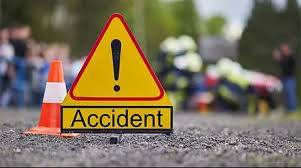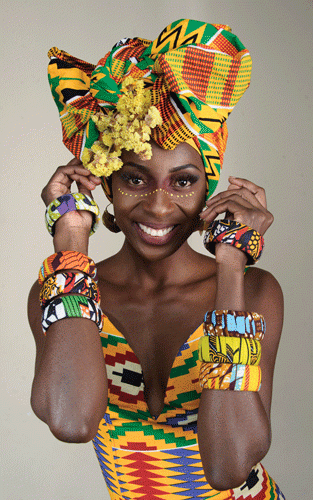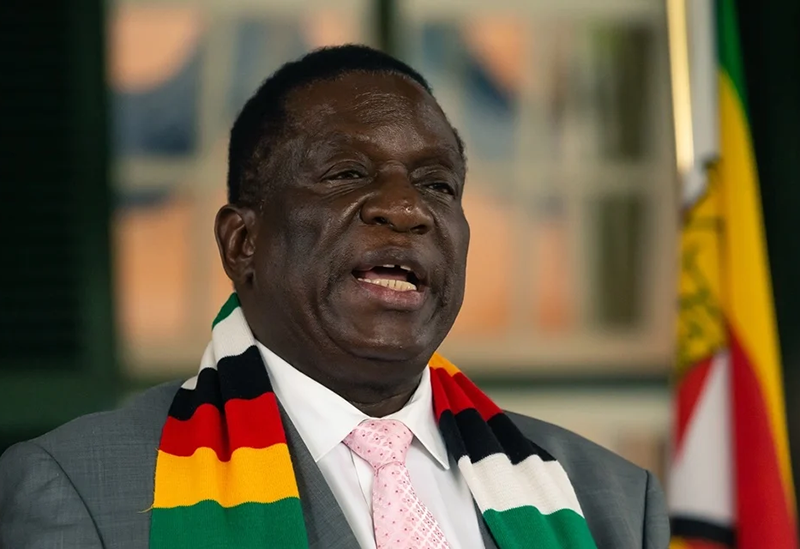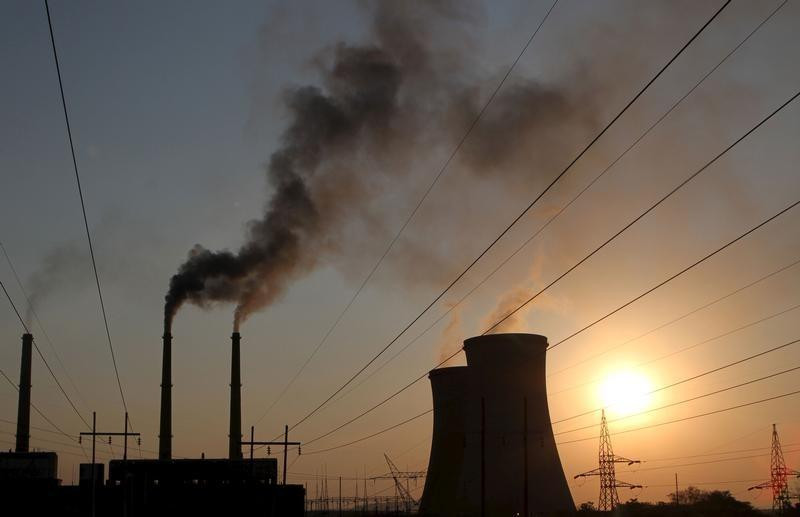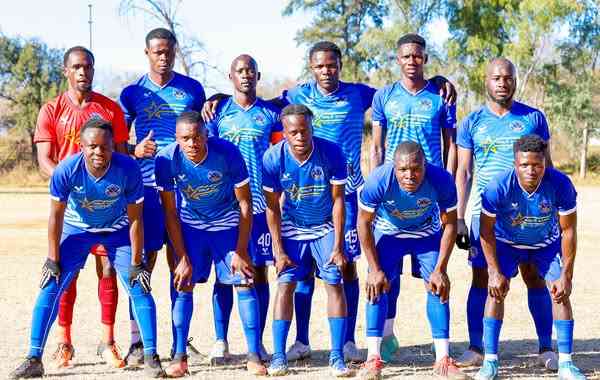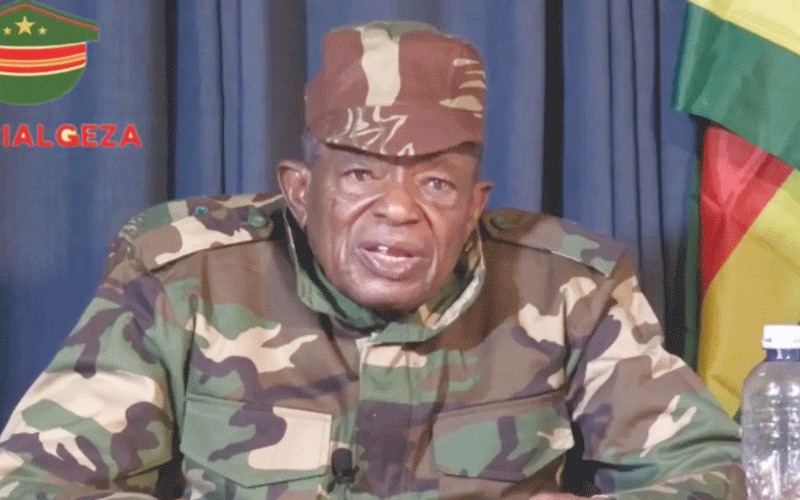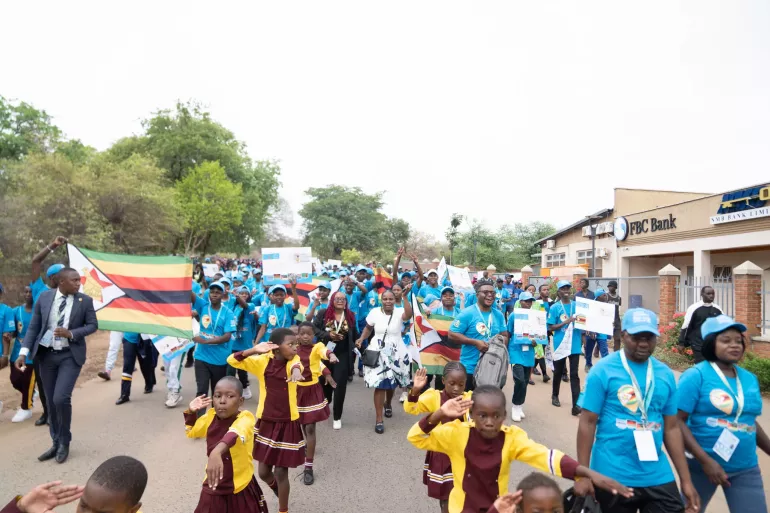
IT cannot be business as usual when the country is inundated with reports that the people entrusted with ensuring the welfare our children in school are turning them into sex objects.
This world is fast becoming a dangerous place for our impressionable children.
Church leaders, school heads, teachers and even close relatives can now not be trusted when it comes to the safety of children.
A shocking scandal sent tremors through Zimbabwe’s Catholic community after St Ignatius College in Chishawasha was embroiled in devastating allegations of sodomy — sexual abuse.
At the centre of the controversy was the late Father Brian Porter, a respected member of the clergy, whose alleged actions have left former students and victims at the learning institution devastated.
The allegations sparked widespread outrage and demands for accountability, raising profound questions about the safety and well-being of students in Zimbabwe’s educational institutions, especially in Catholic-run schools.
Porter was a long-standing Jesuit missionary in Zimbabwe, and a regular visitor to Jesuit missions.
He started sexually abusing his victims in the early 1970s and he would pounce on Form Ones for the many years he was at St Ignatius.
- HZT predicts violent polls
- 'Govt averse to human rights reforms'
- Politicians giving us nightmares — Police
- Tsenengamu’s party dares CIO ahead of polls
Keep Reading
He died on July 8 aged 90, and only God knows the number of students he sexually abused.
Reports are also emerging of how some teachers, school heads or their deputies are sexually abusing students.
In Mberengwa at Masase High School, a deputy head, Anyway Gumbo, is under investigation for sexually abusing more than 30 boys at the school.
At Allan Wilson School in Milton Park, Harare, school head Tafara Zhou is in the eye of a storm after he allegedly sodomised a student at the school over four years.
Child abuse can occur in schools, encompassing physical, sexual, emotional or psychological maltreatment or neglect and it’s crucial for staff to recognise its signs and report to the authorities.
Child abuse is any act or failure to act on the part of a parent or caregiver that result in actual or potential wrongful harm to a child.
There is physical abuse, where someone deliberately inflicts pain or causes physical harm; sexual abuse, which is any sexual contact or activity with a child; emotional abuse, which is using words or actions to damage a child’s emotional well-being, such as gaslighting or blaming; psychological abuse, which are acts that cause a child to feel threatened, scared or isolated, and neglect, which is failure to cater for a child's basic needs, such as food, shelter, clothing or supervision.
As a parent or guardian, one can identify if a child is being abused through physical signs such as bruises, cuts, burns or other injuries that don’t match the explanation provided.
They can also notice a change in behaviour, such as withdrawal, aggression or acting out.
There are also emotional signs, whereby a child is overly anxious, fearful or withdrawn, while for others, it can be academic signs, where the abused child finds it difficult to concentrate, performs poorly in school or is frequently absent.
Now that school authorities have joined the list of child abusers and perverts, this is the chance for the law enforcement agents to step in and stop the rot.
The police have a community relations and liaison office, which should carry out roadshows around the country educating children about their rights.
There must be a budget for such programmes.
When schools open for the second term, police should move around schools educating students about these rights.
They can carry out these initiatives in conjunction with the Victim Friendly Unit for counselling purposes, non-governmental organisations that specialise in such cases as well as the Zimbabwe Human Rights Commission.
This is the time to educate children on their rights to their bodies.

